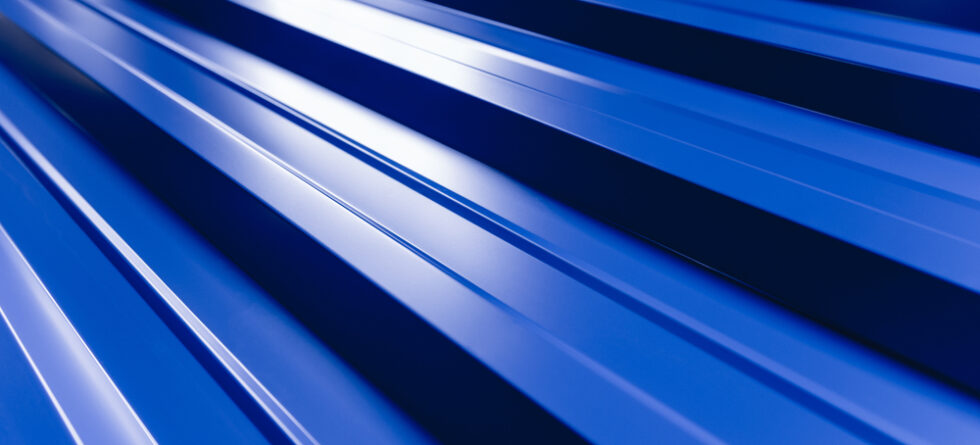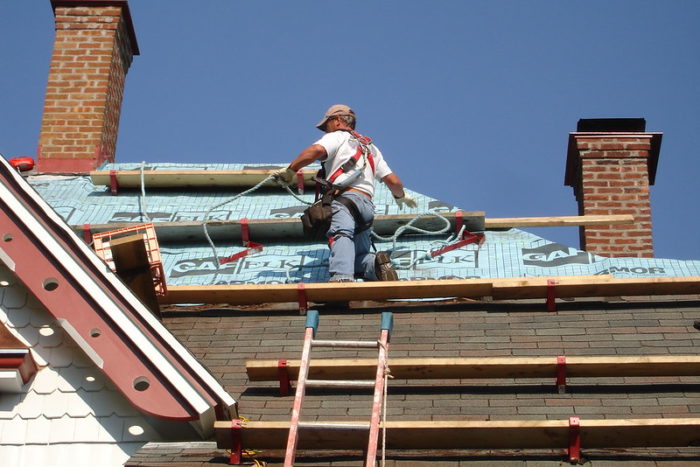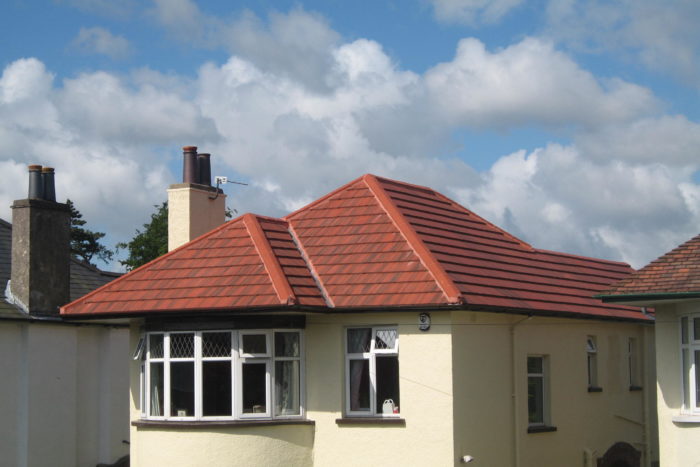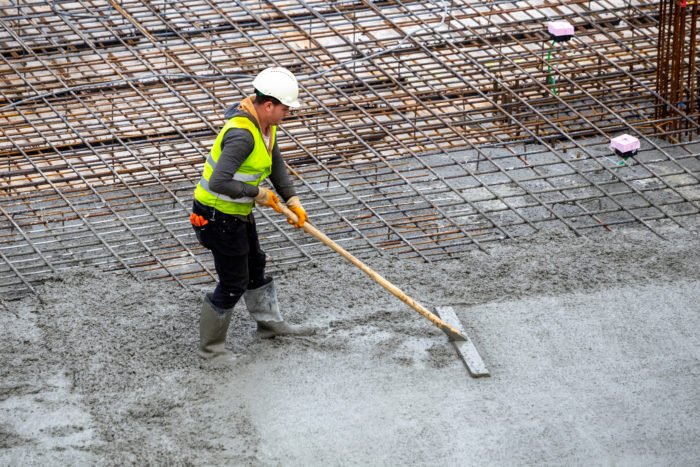What Is The Best Roofing For Commercial?

The best roofing for commercial buildings depends on the specific needs but often includes built-up roofing (BUR), metal roofing, and thermoplastic polyolefin (TPO) roofing due to its durability and energy efficiency.
The commercial roofing differences are…
Built-Up Roofing (BUR)
- BUR consists of multiple layers of bitumen (asphalt or coal tar) alternated with layers of reinforcing fabrics such as fiberglass or polyester.
- Advantages
- Excellent waterproofing properties.
- Long lifespan, especially when properly maintained.
- Resistant to weathering, UV radiation, and foot traffic.
- Provides good insulation properties.
- Considerations
- Can be heavy, requiring adequate structural support.
- Installation may involve odors and fumes from hot-applied bitumen.
- Advantages
Metal Roofing
- Metal roofing can be made from various materials such as steel, aluminum, copper, or zinc.
- Advantages
- Long lifespan, often lasting 40 years or more.
- Lightweight yet durable, resistant to fire, rot, and insect damage.
- Reflective surfaces can help reduce cooling costs in warm climates.
- Low maintenance requirements.
- Considerations
- The initial cost may be higher compared to some other roofing options.
- Expansion and contraction with temperature changes may cause noise in some cases.
- Advantages
Thermoplastic Polyolefin (TPO) Roofing
- TPO roofing is made of a single-ply membrane typically composed of a blend of polypropylene and ethylene-propylene rubber.
-
- Advantages
- Energy-efficient and reflective, helping to reduce cooling costs.
- Lightweight and flexible, making installation easier and less labor-intensive.
- Resistant to UV radiation, ozone, and chemical exposure.
- Seam welding creates strong, watertight seals.
- Considerations
- May not be as durable as some other roofing materials, with a lifespan typically around 15-30 years.
- Susceptible to punctures from sharp objects.
- Advantages





Leave a Comment